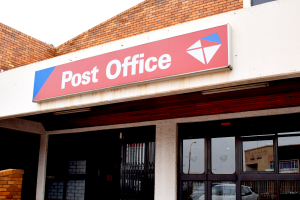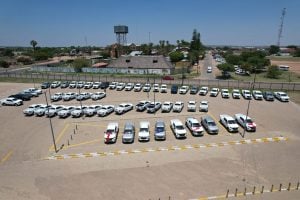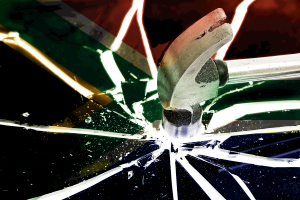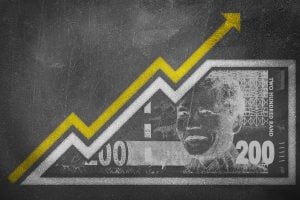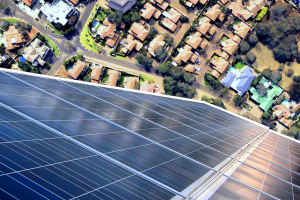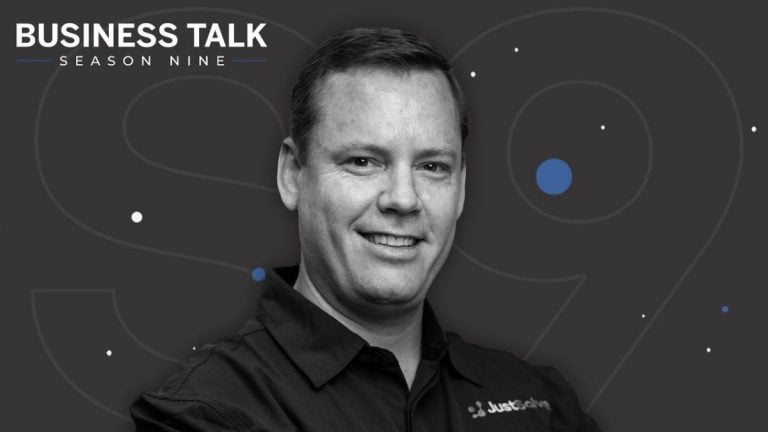The real cost of owning a car in South Africa
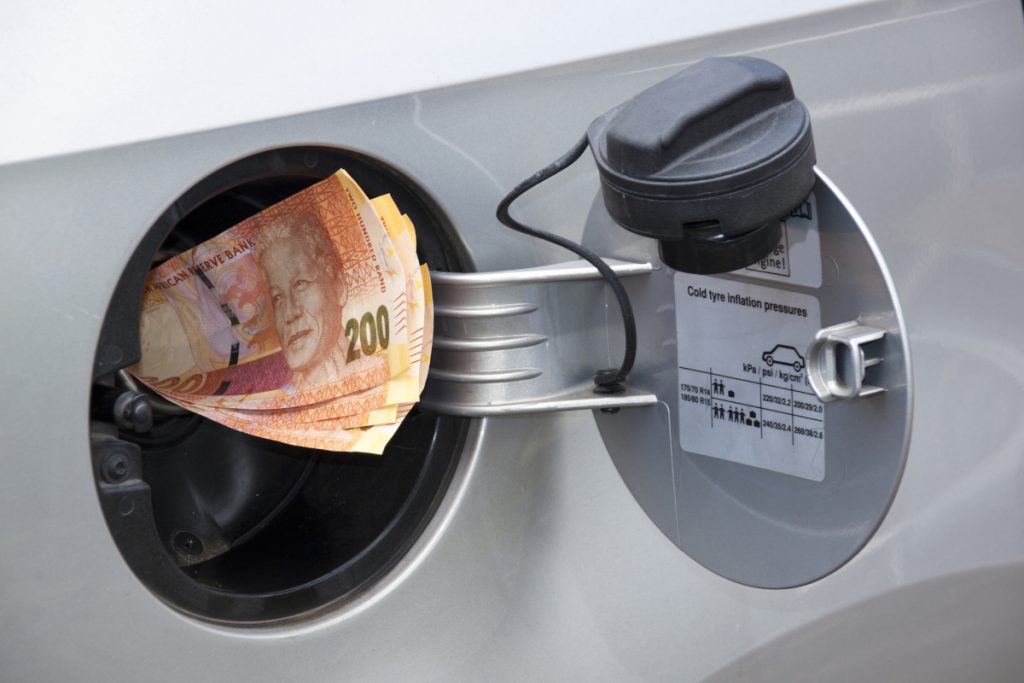
When it comes to making big purchases, a car is likely to be the second most expensive one, right after a home. However, it’s important to keep in mind that your loan payment is just one of the many costs to consider.
Besides monthly payments, there are other expenses to consider. For instance, homeowners should budget for rates, property maintenance, and security contracts. Similarly, owning a car means extra costs to factor in when choosing the right vehicle.
According to Nedbank, Affordability must be a top priority – there’s no point in cruising around in your dream wheels if you’re digging small change out the back of your couch to make ends meet every month.
Suppose you have decided to purchase a hatchback, which is one of South Africa’s most popular vehicles such as the Volkswagen Polo, Toyota Starlet or Suzuki Swift.
You notice that the specific model you desire costs around R250,000.
Your loan, in this example, might be structured as follows:
- Purchase price: R250,000
- Deposit: R0
- Residual value (‘balloon payment’) option taken: 35% (R87,500)
- Vehicle loan finance period: 60 months
- The interest rate offered by vehicle financiers: is 9%
- Amount financed, excluding balloon payment: R162,500
- Monthly admin fee for finance: R69.00
- Once-off admin fee for finance: R1,207.50
- Total monthly car instalment: R4,174.08 per month.
Other costs you need to Budget for
According to Nedbank, while R4,174.08 a month might look affordable, that’s just your loan repayment, and these are listed below.
1. Petrol or diesel A compact hatchback with a 40-litre fuel tank will cost around R1,000 to fill up. If the car uses 8 litres per 100km, you’ll be able to travel 500km on one tank. If you travel 1,000km per month, petrol will cost you at least R2,000 a month, in addition to your R4,174.08 instalment.
2. Car insurance This will vary based on your age, where you live, how long you’ve had your driving licence and other factors. But on average, insurance on a compact new hatchback will cost around R1,000 per month. Add that to your loan and fuel costs, and you’re already spending more than R6,000 a month.
3. Annual fees Each year you’ll have to pay for a new disc for your windscreen to prove that your vehicle is registered. The more your car weighs, the more it costs to renew your registration. A small hatchback can cost around R600 a year for a new licence disc – taking your grand total closer to R6,800 for one month of the year.
4. Maintenance If your car doesn’t come with a manufacturer’s maintenance plan to cover wear and tear, you’ll spend money regularly to keep the vehicle in tip-top shape. Getting the car serviced every 10,000 to 15,000km and maintaining fast-wearing parts like tyres and brake pads can easily cost R6,000 or more a year – that’s another R500 a month to add to your motoring budget.
5. Toll fees Toll costs can escalate quickly if you spend a lot of time driving on major highways.
6. Car washes – An average car wash can cost R100 or more. If you like to start each week with a clean vehicle – and you aren’t prepared to clean it yourself, at home – you’ll have to budget at least R400 a month for this as well.
“As you can see, what started as a monthly cost of less than R4,200 could easily cost you a total of R7,000 or R8,000 a month instead. And accidents happen: Even if you drive ultra-carefully, another driver could crash into you,” said Nedbank.
Remember the balloon payment of R87,500 is due at the end of your 60-month loan term. Save in a notice account every month to cover the payment, or consider taking out a personal loan.
However, a loan for R87,500 at 18.75% interest would cost R4,900 per month over 2 years, extending your car payment period to 7 years, warned Nedbank.
Buy a car with your head, not your heart
While it may be tempting to purchase that stylish car that you have your heart set on, it is more financially sound to make sure that all of the costs associated with owning a car will remain affordable.
This may mean choosing a less expensive model which requires a smaller loan. Knowing that you won’t have to sacrifice any of the additional costs or make budget cuts just to afford your car will do wonders for your peace of mind, said the bank.
Read: The top 10 car brands and models that South Africans are buying right now
